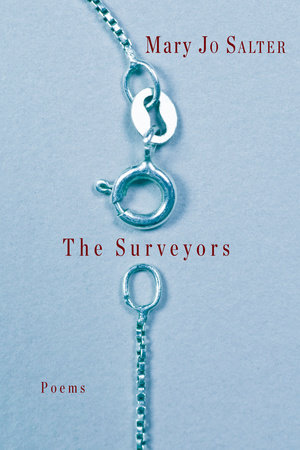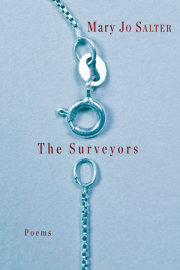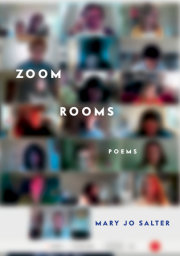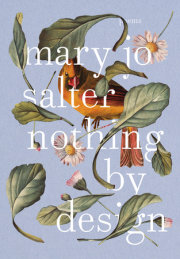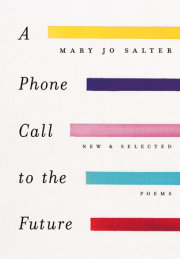I
Yield
That’s what the sign said
below my window.
I’d step out of bed
to look down on the fork
the y had made
in the word and the road.
yield was destined
for a field of yellow,
but scrambled like eggs
into something like daily.
Was firm, was an order,
but just meant consider.
And consider I did.
I stared at the sign
that was so little needed:
to stay or to go?
That was for others,
my parents, to know.
He might leave someday.
She might stay behind.
I was only one side
of the triangle.
I’d slip back in bed,
back into my own mind,
and more letters wanting
to play came to me
alone to untangle.
Bratislava
So I’m still alive and now I’m in Bratislava.
That’s funny. I hadn’t expected to be alive.
A sign in italics nudges us at the station:
Have an amazing time in Bratislava!
That’s funny: a straight-faced wish, offered in English
and then Slovakian, posted above a trash can
that stands like the only monument in town.
We’ve heard there’s a castle, though. We need a tram.
We take one, and it heads in the wrong direction.
A pretty girl, cheerful and blond, straightens us out,
and we get on and off a bus at the proper stops.
That’s funny. Already a right place and a wrong one
to be in Bratislava, and I am among
the people who sort of get this, at least at the moment
I happen to occupy, within a vacation
in Vienna with a day trip to Bratislava.
That’s funny. I’d assumed my travel companion
through life would be my husband, even if
I’d gone to Bratislava, which I hadn’t thought of
long enough to think I would or wouldn’t.
The spanking white castle, standing high on a hill
we climb on foot, swigging our bottles of Coke,
dates to the year 800 or so, but burned
down to the ground, which tends, as we know, to happen,
and was reconceived in one of the worst times of all,
the 1950s, under Soviet rule.
That’s funny. Atop embarrassing pillars, knights
in plaster armor gaze up at the sky
triumphantly, although what for is forgotten,
and the sunlight they eclipse in silhouette
is all the sillier on those phallic cannons
between their legs, with three or four cannonballs.
More cannonballs per man. That’s human history
in a nutshell. Bullies unsated with all they’ve got
and below, the blindsided masses. That’s what it is.
And yet I’m happy, now, with my companion—
he likes me, I like him. He has his own backstory
of bleak encampments, battles lost, and sorrows
best not spoken of in Bratislava
lest we spoil our day, which so far is duly amazing.
I admire his dignity. Dignity is funny.
Everything’s funny now, which we hadn’t expected
to happen, either of us, after what happened.
We’re still alive and now we’re in Bratislava.
Pastry Level
I was gazing out back
at the lemon-gold
sun on the cream-colored painted brick
of the new house.
(New again, I mean.
I’ve told you the story—
that it was finished just a few
months shy of the war;
that young families
moved in and out before a widow
who couldn’t care for it anymore
signed it over to me,
a single buyer lately
possessed by self-
possession.) This morning
at my writing table, looking
outward for a word,
in that sun-glaze on the wall
I saw again a baker’s shelf
twenty years ago in Paris.
You were there, of course.
The average American
four-year-old girl
stands at forty inches tall,
if you can get her
to stand still.
When you were four,
in those ruffled French dresses
I couldn’t help spending
a fortune on,
you couldn’t be kept away
from patisserie
after patisserie;
you guided me by the hand
to every window display
that we might inspect another batch
of little pleated
tartes au citron,
glistening neatly
at the level of your eye.
Remember when
you, your sister,
your father and I
all spoke the same language?
Because of you
we invented a phrase—
“pastry level”—
to indicate the height of any
four-year-old on the street . . .
It seemed to go without saying
we’d be strolling together
all the rest of our days.
Copyright © 2017 by Mary Jo Salter. All rights reserved. No part of this excerpt may be reproduced or reprinted without permission in writing from the publisher.

